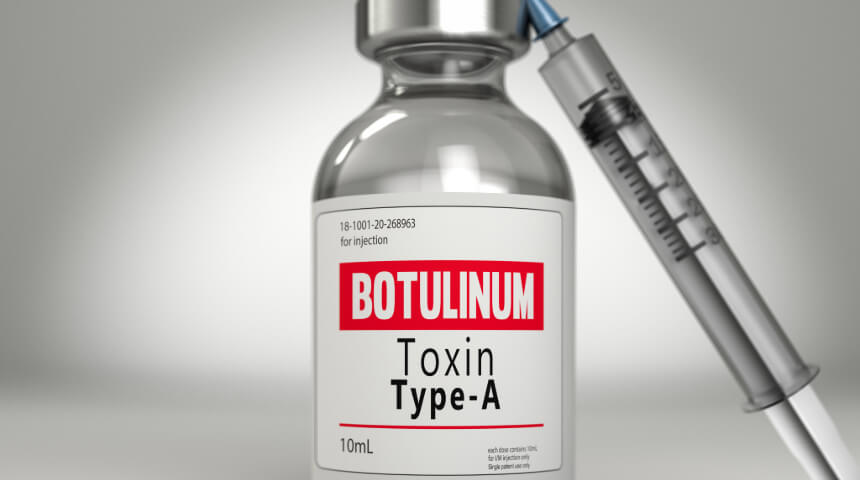As a new parent, you probably pay close attention to when your baby smiles, crawls and says their first word. While each baby’s progression is unique, delays in speech, interaction skills and mobility could raise concerns.
Autism spectrum disorder, or ASD, affects 1 in 59 children in the United States. Four times more prevalent in males, ASD is not curable, but behavioral therapy can greatly improve a child’s abilities — especially when started early.
Watch for These Signs
While the American Association of Pediatrics recommends ASD screenings be conducted at your child’s 9-, 18- and 24-month doctor visits, there are signs you can look for as early as 2 months of age.
The Centers for Disease Control and Prevention (CDC) created a detailed list of indicators by age called, “Learn the Signs. Act Early.” Some of the early signals include:
-
Visual: Avoidance of eye contact, doesn't watch things moving around them, doesn’t smile.
-
Verbal: Fails to respond to their own name and other sounds, doesn’t coo or babble, doesn’t laugh or squeal, delayed verbal skills.
-
Physical: Can’t hold their head steady, won’t reach for things, won’t bring hands to their mouth. Older babies may engage in repetitive motion such as flapping or rocking. Often have trouble standing.
-
Behavioral: Doesn’t show affection. Doesn’t recognize regular caregivers. Won’t imitate the actions of others. Can’t play back-and-forth games.
How Is ASD Diagnosed?
Because autism is not primarily a brain structure disorder, diagnosis cannot be determined through medical imaging tests such as MRIs or CT scans. Instead, your pediatrician or pediatric neurologist relies on parental and caregiver observations, along with screening tests and questionnaires developed to determine if further evaluation is needed. The two most common screening tests include:
These tests include detailed questions and monitoring your child’s development of language, movement, thinking, behavior and emotions. If autism is suspected, a clinical diagnosis will follow, consisting of a detailed medical history, physical health examination and more in-depth questionnaires, such as the Gilliam Autism Rating Scale (parent observation) and the Childhood Autism Rating Scale (physician observation).
A patient occasionally may need a more thorough evaluation with the Autism Diagnostic Observations Schedule (ADOS) test, which is administered by a specialist. Genetic testing and audiological evaluation are also recommended.
Early Treatment Options for Autism
Autism spectrum disorder comes with a wide range of strengths and challenges. Some people with ASD will require a lot of assistance in their daily lives, while others will need much less help.
To help improve language and social communication skills, adaptive skills and decrease inappropriate behavior, the specialist will provide referrals that can include:
Applied behavioral analysis (ABA), which is the mainstay therapy for autism, is an intensive, structured, one-on-one behavioral therapy program for your child.
-
Social skills training, which improves their ability to navigate social situations.
-
Speech and language therapy, which improves speech patterns and understanding language.
-
Occupational therapy, which focuses on adaptive skills like brushing teeth and handwriting.
-
Parent management training teaches effective ways to respond and redirect problem behavior as well as encourage positive choices.
-
Special education services works with educators to develop an Individual Education Plan (IEP) that includes special classes to help children address language, social or life skills.
-
Treating conditions like insomnia, anxiety and depression, as well as ADHD or other intellectual disabilities that might require medical attention or therapies.
-
Medication. For some children, ASD symptoms like depression, anxiety, lack of focus, impulsivity and irritability can be reduced or managed using prescribed medications.
Nobody knows your baby as well as you do. Trust your instincts and talk to your pediatrician right away so that screening, early referral and any therapy can begin as soon as possible.
Each child’s learning style is different and behavioral progression will vary, but getting an early start can make any transitions easier for your child and for you.
Choose to Stay in Touch
Sign up to receive the latest health news and trends, wellness & prevention tips, and much more from Orlando Health.
Sign Up









